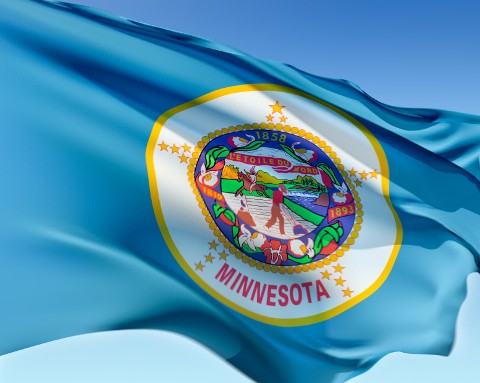A: Someone else's loan principal.
Tuesday, October 28, 2008
Question of the day II...
A: Someone else's loan principal.
Question of the day:
A: None.
Wealth to Debt
 Once, the more money we had, the more wealth we had.
Once, the more money we had, the more wealth we had.Now, the more money we have, the more debt we have.
"Note that although the system of fractional-reserve banking creates money, it does not create wealth. When a bank loans out some of its reserves, it gives borrowers the ability to make transactions and therefore increases the supply of money. The borrowers are also undertaking a debt obligation to the bank, however, so the loan does not make them wealthier. In other words, the creation of money by the banking system increases the economy's liquidity, not its wealth."
- N. Gregory Mankiw, Ph D., Professor of Economics at Harvard University, Macroeconomics, Fifth Edition, pg 485 .
What is Wealth?
.
Wealth = Innovation + Raw Resources + Labor

Gold worked as "money" because it was wealth based; not because it was rare, shiny, heavy or had an interesting color, but because one had to work in order for it to exist. It is described as "a store of wealth." One had to use the formula above to create it. It was newly created wealth. That newly created wealth was then spent into our economy, debt free.
That's also why silver worked; as well as sea shells, coffee beans, furs or tobacco. They were all examples of wealth based money - not simply barter, but used for money. So, you see, we don't have to use gold to have a wealth based money system. But we must use the same principals.

There are other methods of wealth creation that could "back" or support our money system today, using the same principals that made gold work, and bring prosperity to our nation - instead of unpayable, compounding debt and interest payments.

Think Infrastructure.
Think About It
Start at the Beginning

4 Of the Most Important Quotes in Economics:
1. “…the actual creation of money always involves the extension of credit by private commercial banks.”
- Russell L. Munk, Assistant General Counsel, Department of the Treasury
2. “Money is created when loans are issued and debts incurred; money is extinguished when loans are repaid.”
- John B. Henderson, Senior Specialist in Price Economics, Congressional Research Service, Report No. 83-125 E
3. “Thus, the money that one borrower uses to pay interest on a loan has been created somewhere else in the economy by another loan.”
- John M. Yetter, Attorney-Advisor, Department of the Treasury
4. “Someone has to borrow every dollar we have in circulation, cash or credit. If the banks create ample synthetic money we are prosperous; if not, we starve. We are absolutely without a permanent money system. When one gets a complete grasp of the picture, the tragic absurdity of our hopeless position is almost incredible, but there it is. It is the most important subject intelligent persons can investigate and reflect upon.”
- Robert H. Hemphill, Credit Manager of the Federal Reserve Bank of Atlanta
1. “…the actual creation of money always involves the extension of credit by private commercial banks.”
- Russell L. Munk, Assistant General Counsel, Department of the Treasury
2. “Money is created when loans are issued and debts incurred; money is extinguished when loans are repaid.”
- John B. Henderson, Senior Specialist in Price Economics, Congressional Research Service, Report No. 83-125 E
3. “Thus, the money that one borrower uses to pay interest on a loan has been created somewhere else in the economy by another loan.”
- John M. Yetter, Attorney-Advisor, Department of the Treasury
4. “Someone has to borrow every dollar we have in circulation, cash or credit. If the banks create ample synthetic money we are prosperous; if not, we starve. We are absolutely without a permanent money system. When one gets a complete grasp of the picture, the tragic absurdity of our hopeless position is almost incredible, but there it is. It is the most important subject intelligent persons can investigate and reflect upon.”
- Robert H. Hemphill, Credit Manager of the Federal Reserve Bank of Atlanta
.
Subscribe to:
Comments (Atom)


